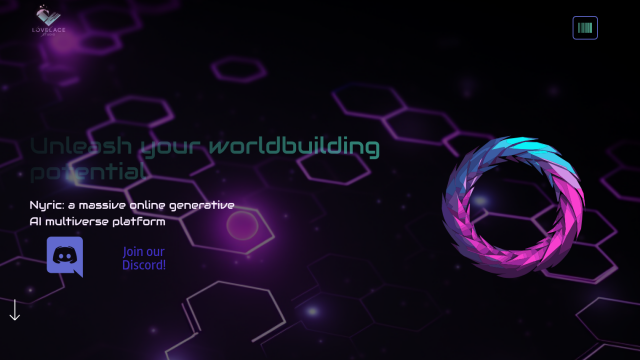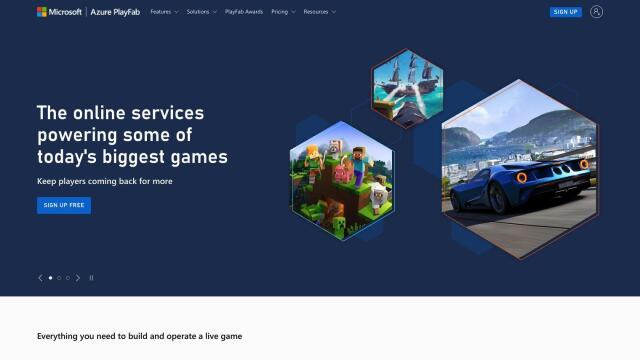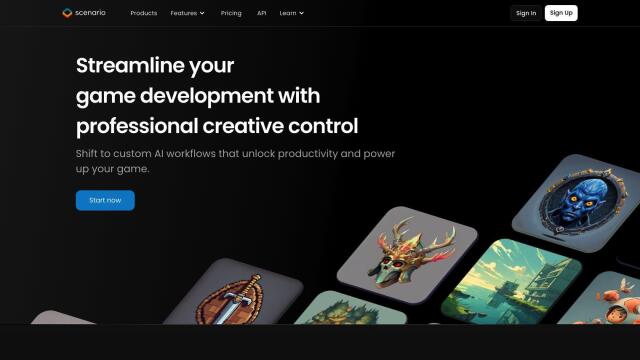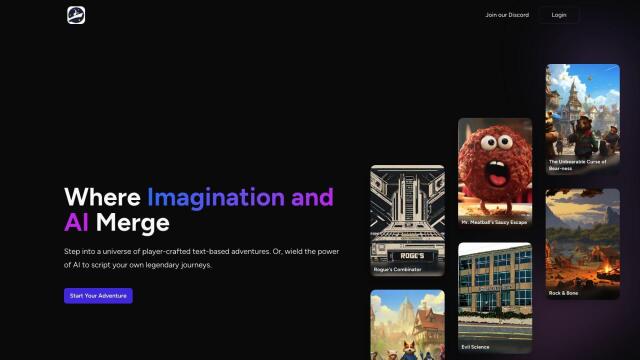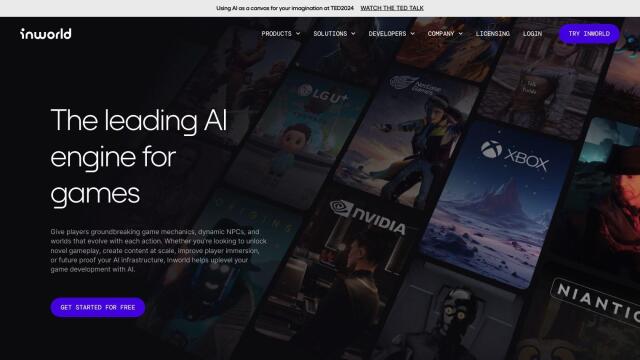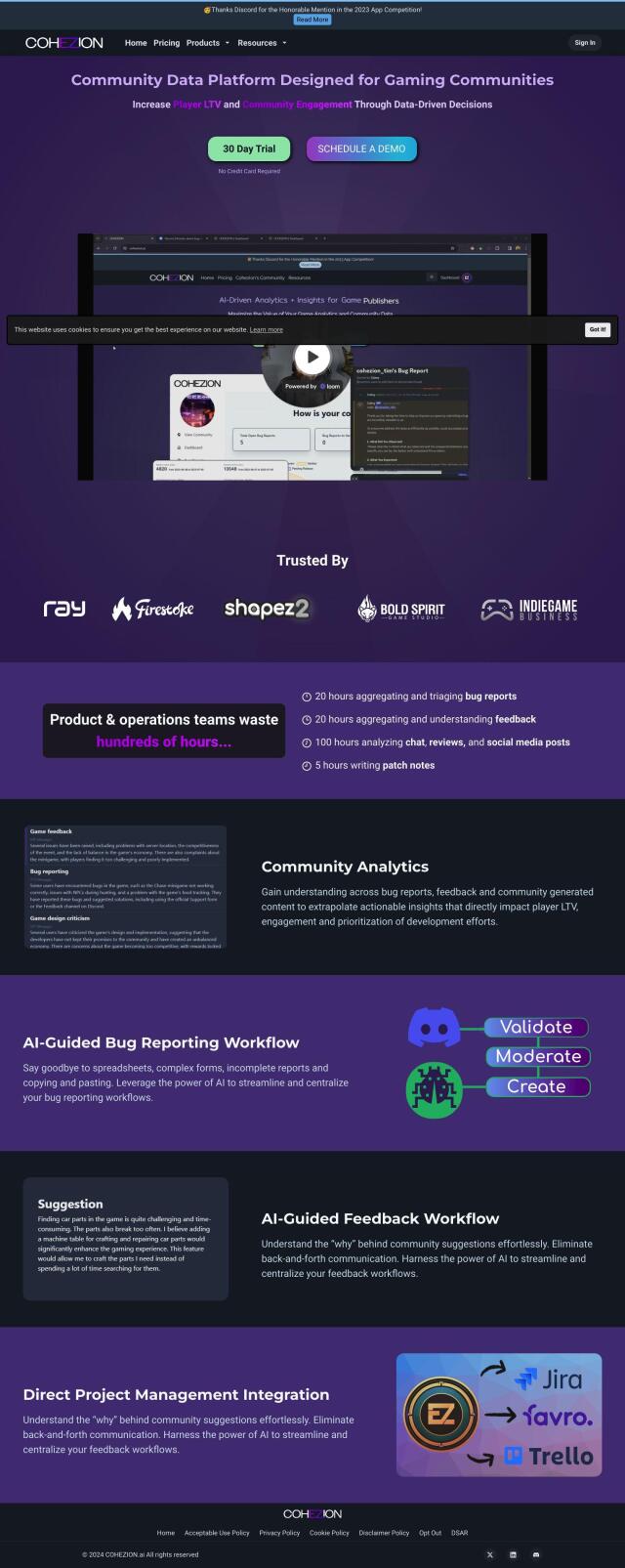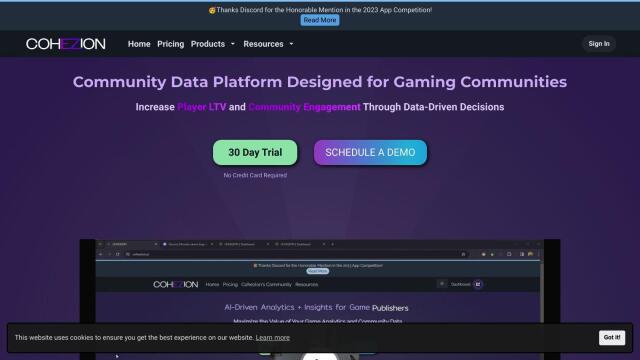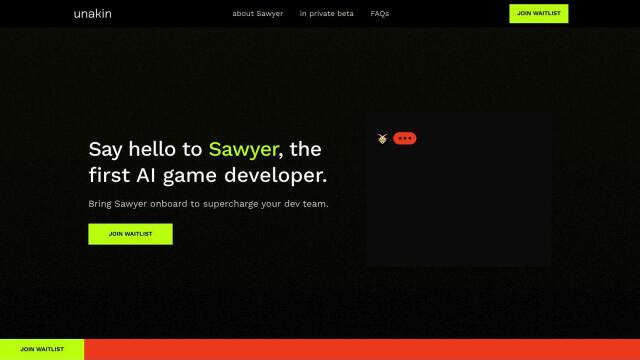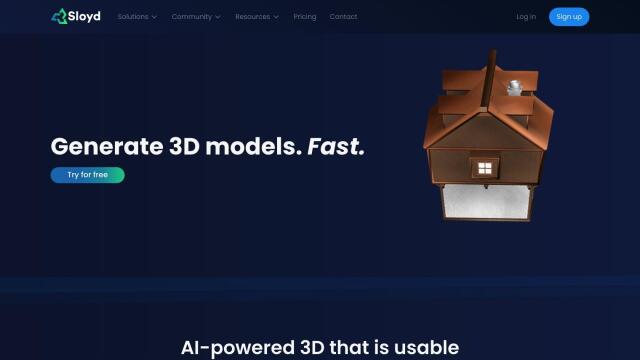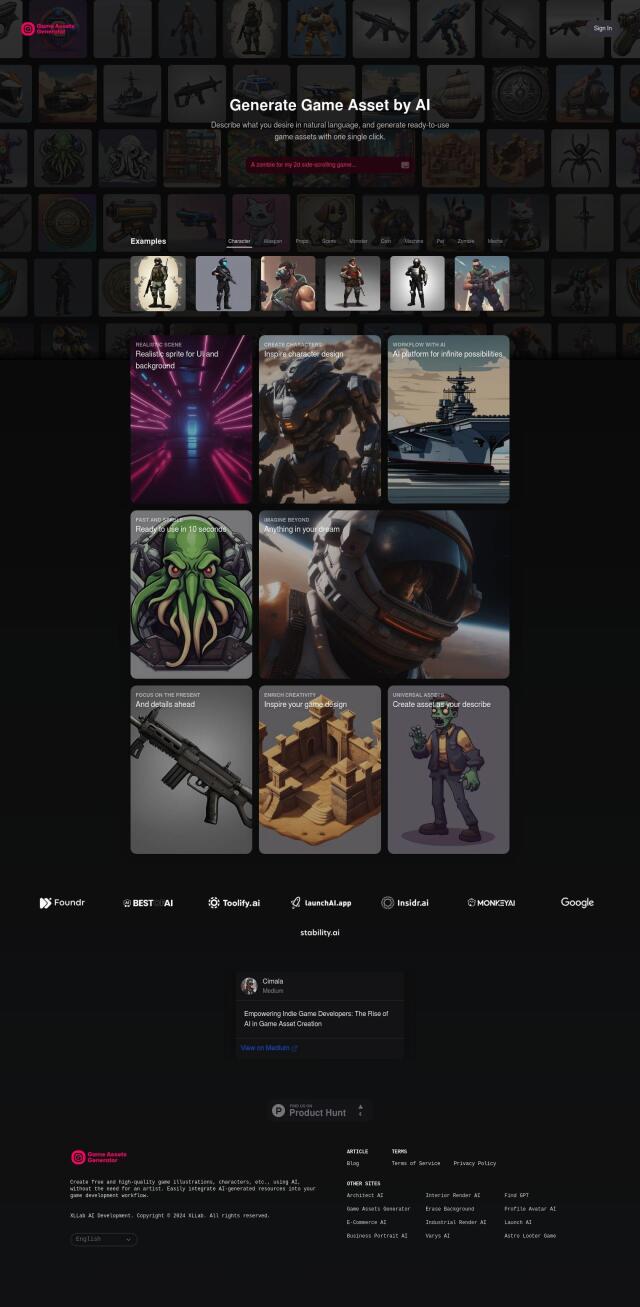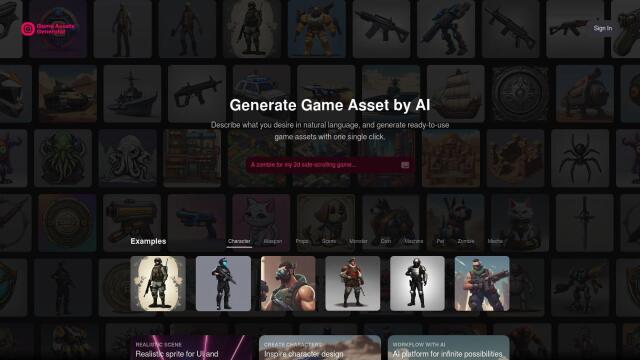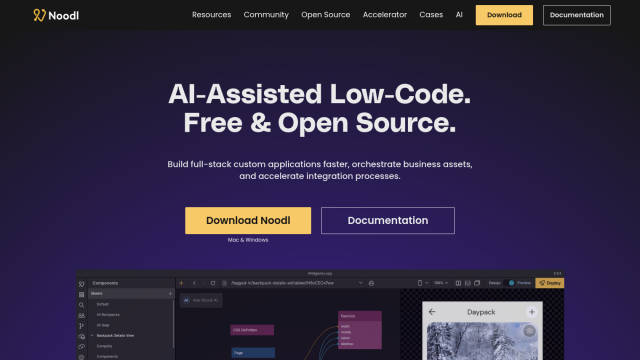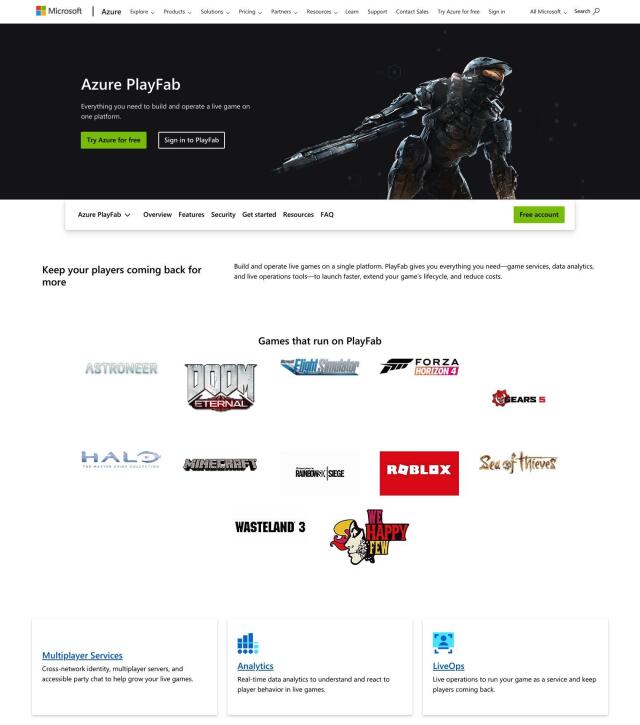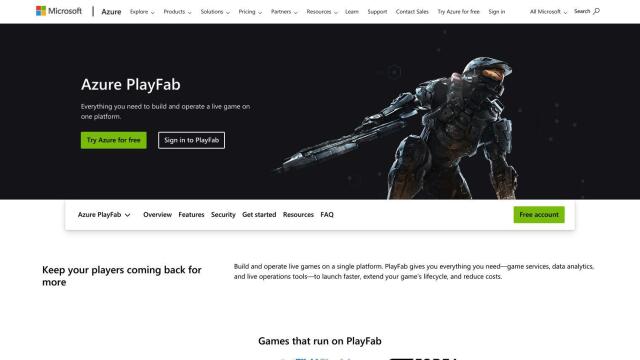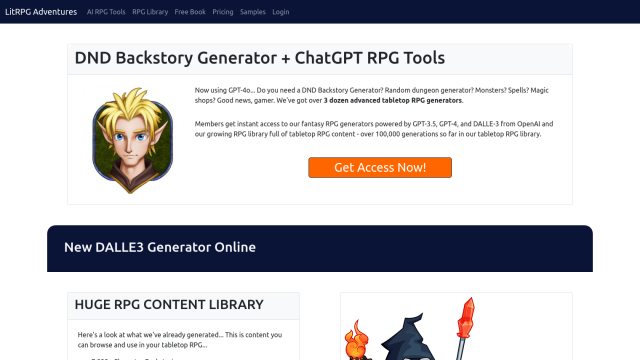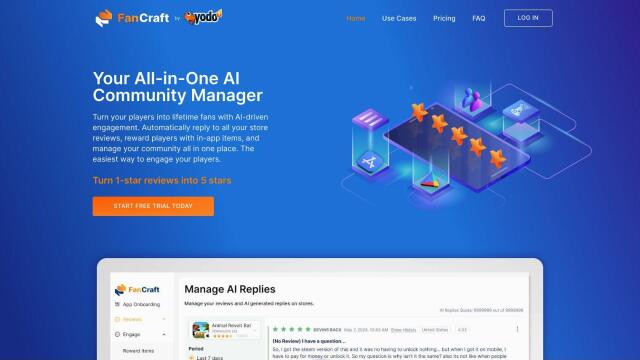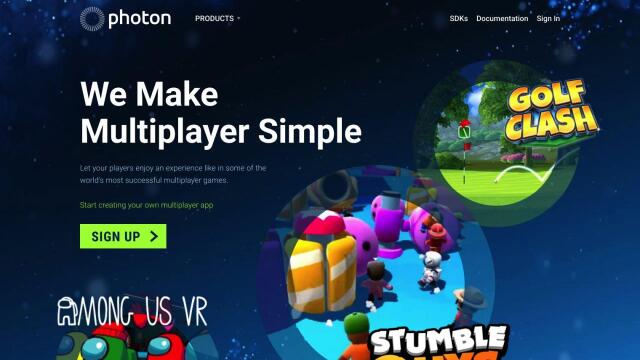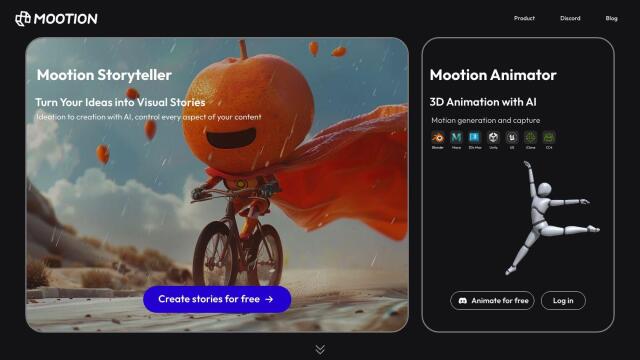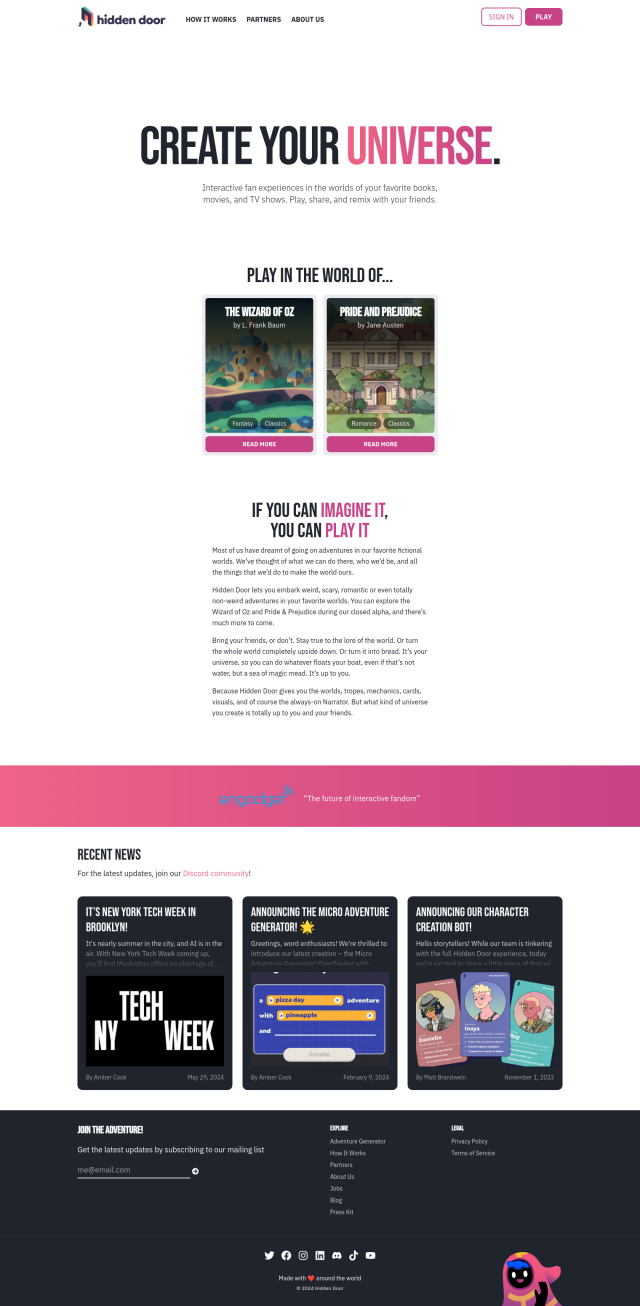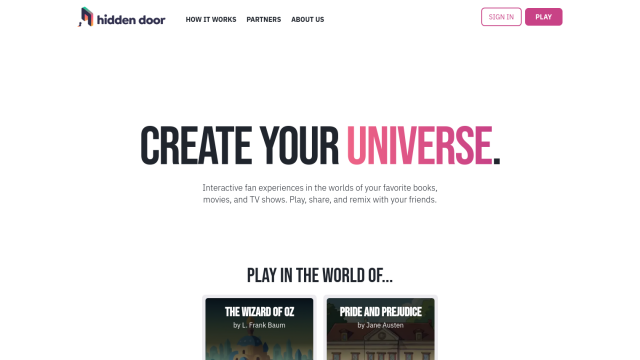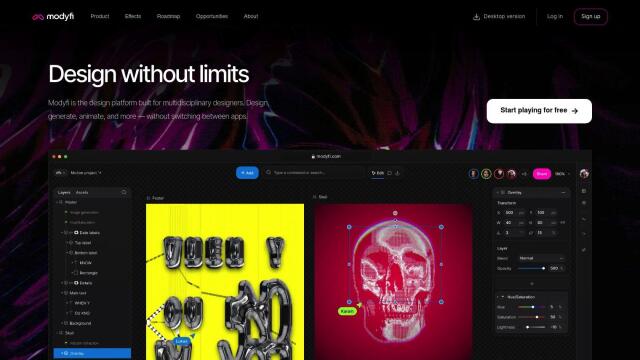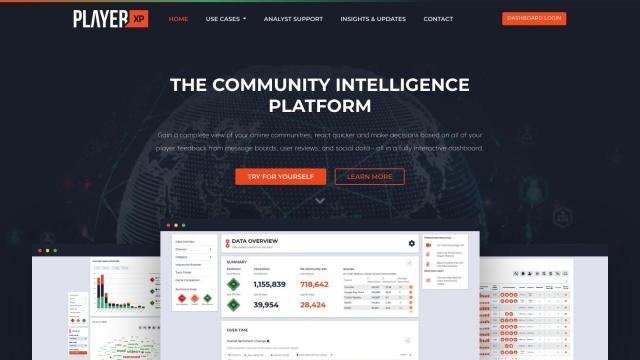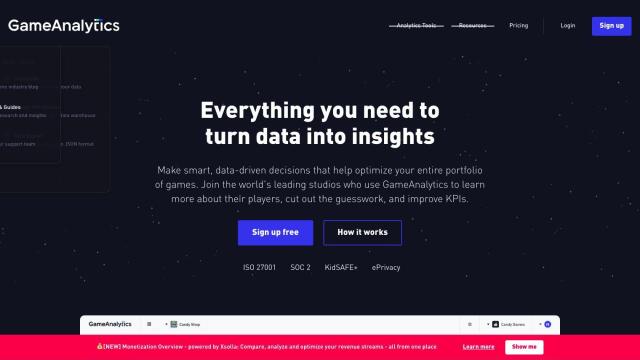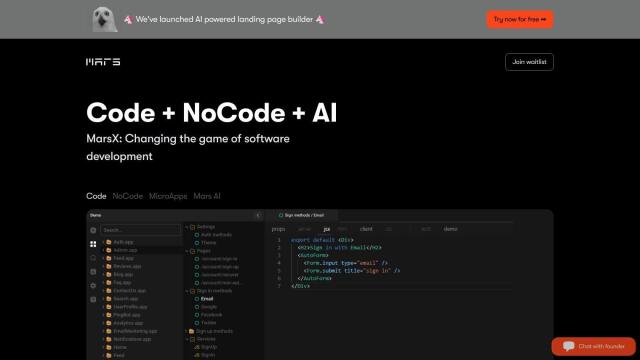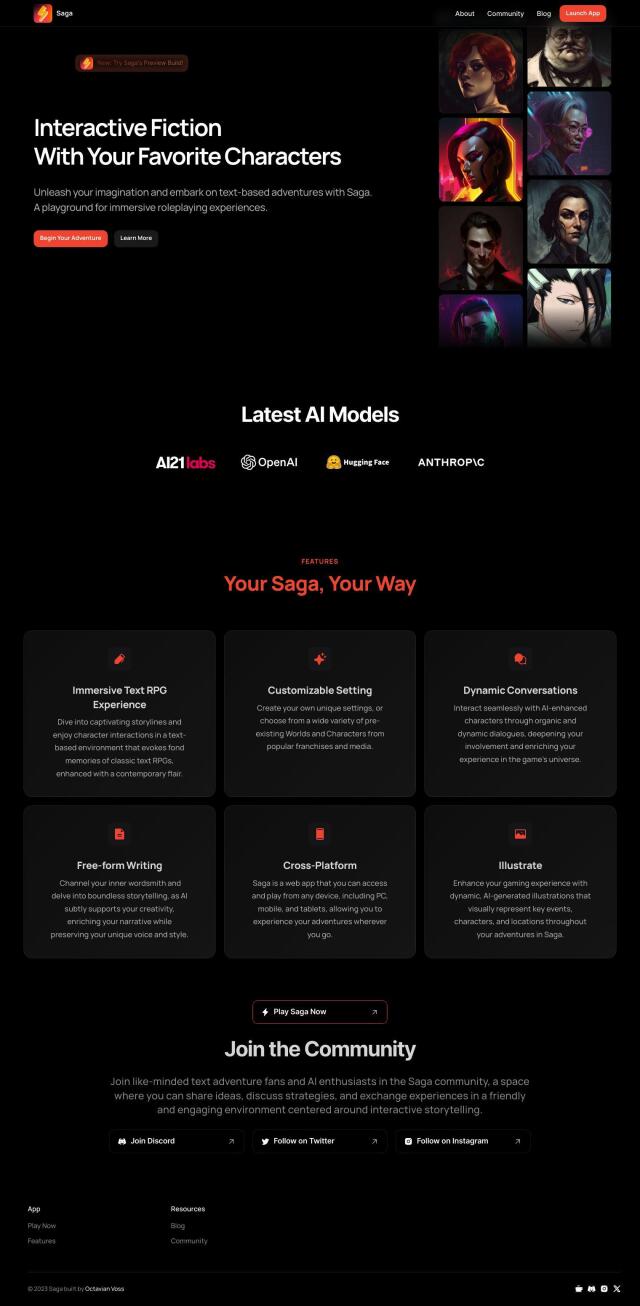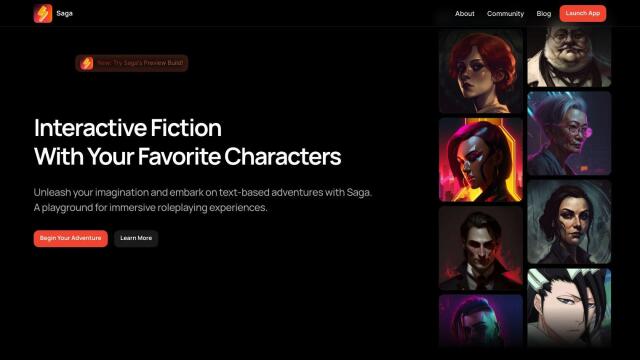Question: How can I incorporate a community-driven modding system into my game without requiring extensive programming expertise?
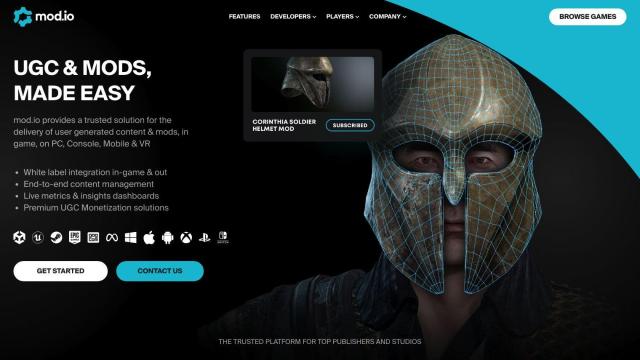
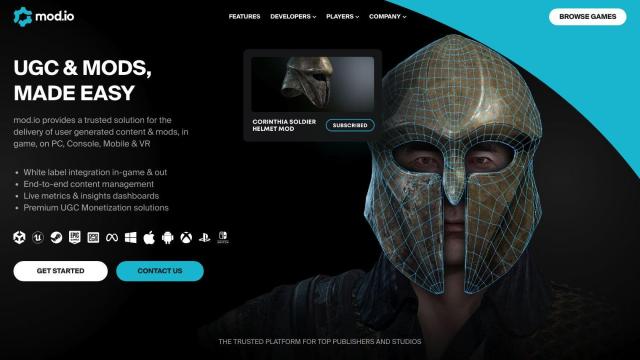
mod.io
If you want to add a community-driven modding system to your game without having to write a lot of programming code yourself, mod.io is a good option. It's a one-stop-shop for adding user-generated content and mods to PC, console and mobile games. With a robust API, SDK and plugins for popular game engines like Unity and Unreal Engine, you can get up and running fast. The service has features like content moderation, monetization options, live metrics and a scalable way to keep players engaged.

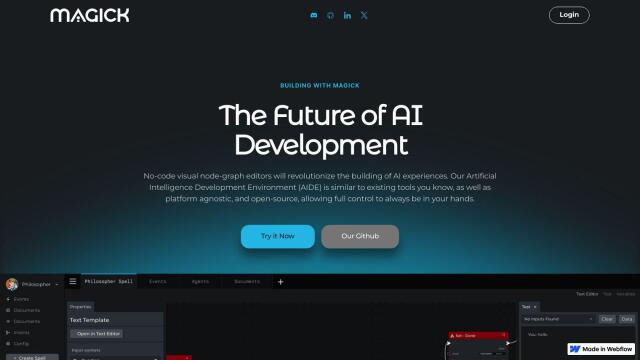
Magick
Another tool worth mentioning is Magick, which offers an AI Development Environment (AIDE) geared for no-code programming. The open-source platform lets people create and manage AI agents and applications without writing code. It integrates with tools like Discord and Unreal Blueprints, so it's good for things like custom game character generation and AI chatbots. Magick's AIDE is designed to be easy to use and scalable, so it's a good option for community-driven modding.

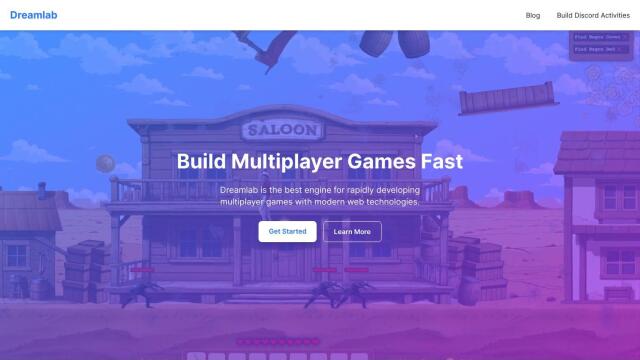
Dreamlab
Last, Dreamlab is a game engine geared specifically for building multiplayer games with modern web technology. It's got real-time multiplayer abilities built in, and it uses AI to generate game assets, which can free up your time to focus on game design instead of asset creation. The service also has tools for real-time collaboration and editing, which can help you manage a community-driven modding system.

